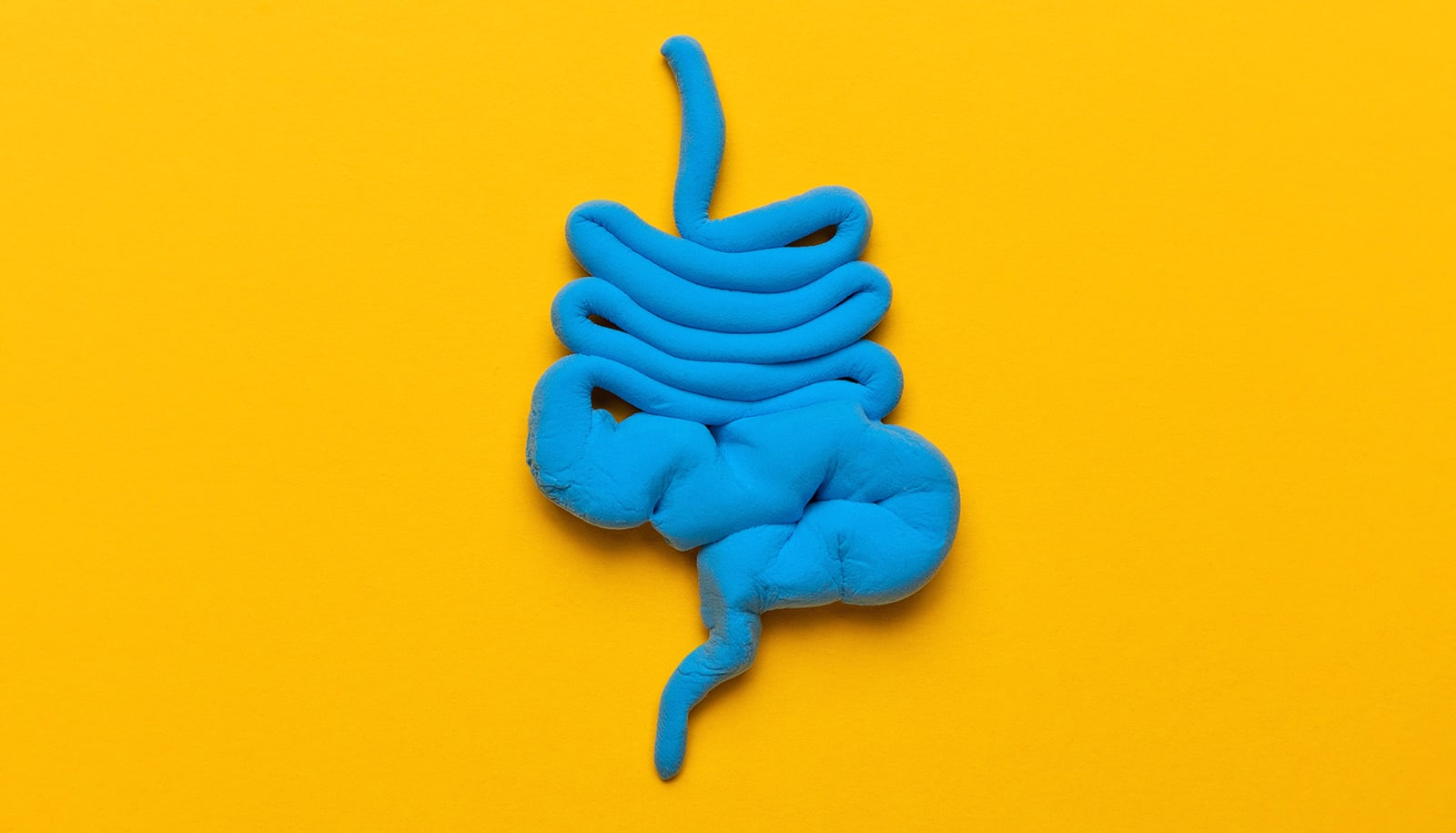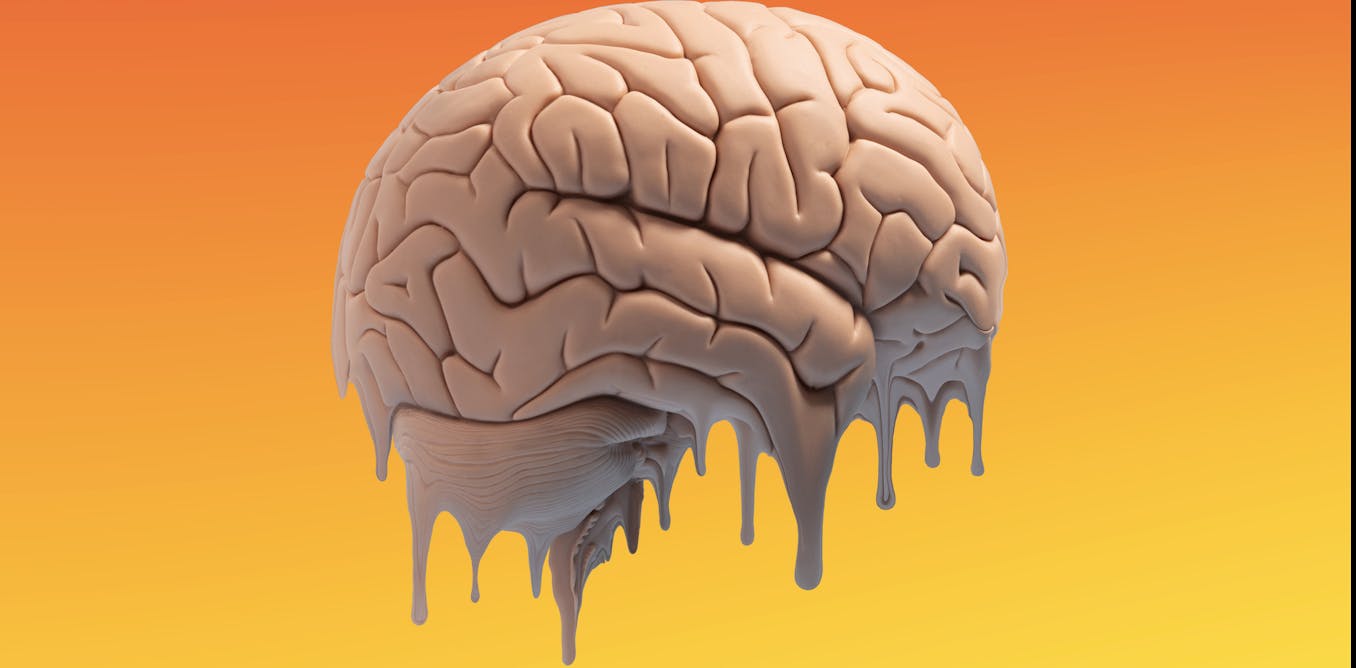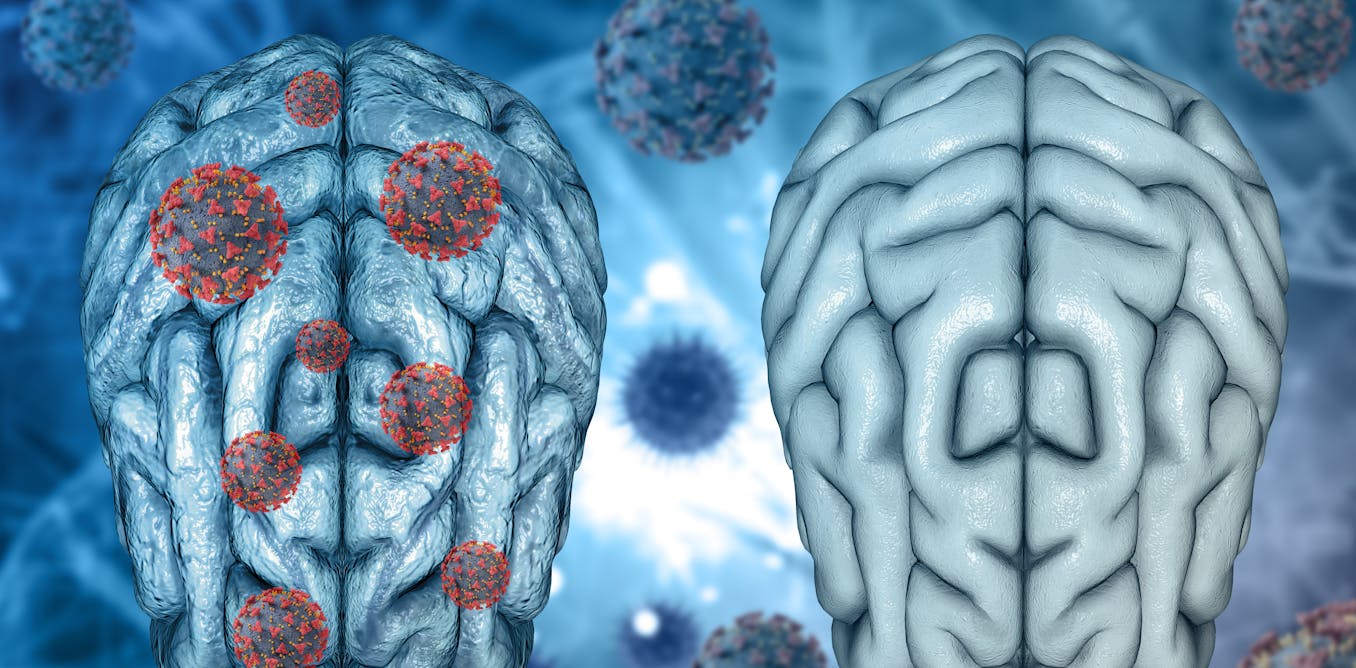Billy Joel has excess fluid in his brain – a neurologist explains what happens when this protective liquid gets out of balance
Cerebrospinal fluid can sometimes leak or collect in the brain without an identifiable cause, leading to symptoms that can be difficult to diagnose.
May 28, 2025 • ~10 min









